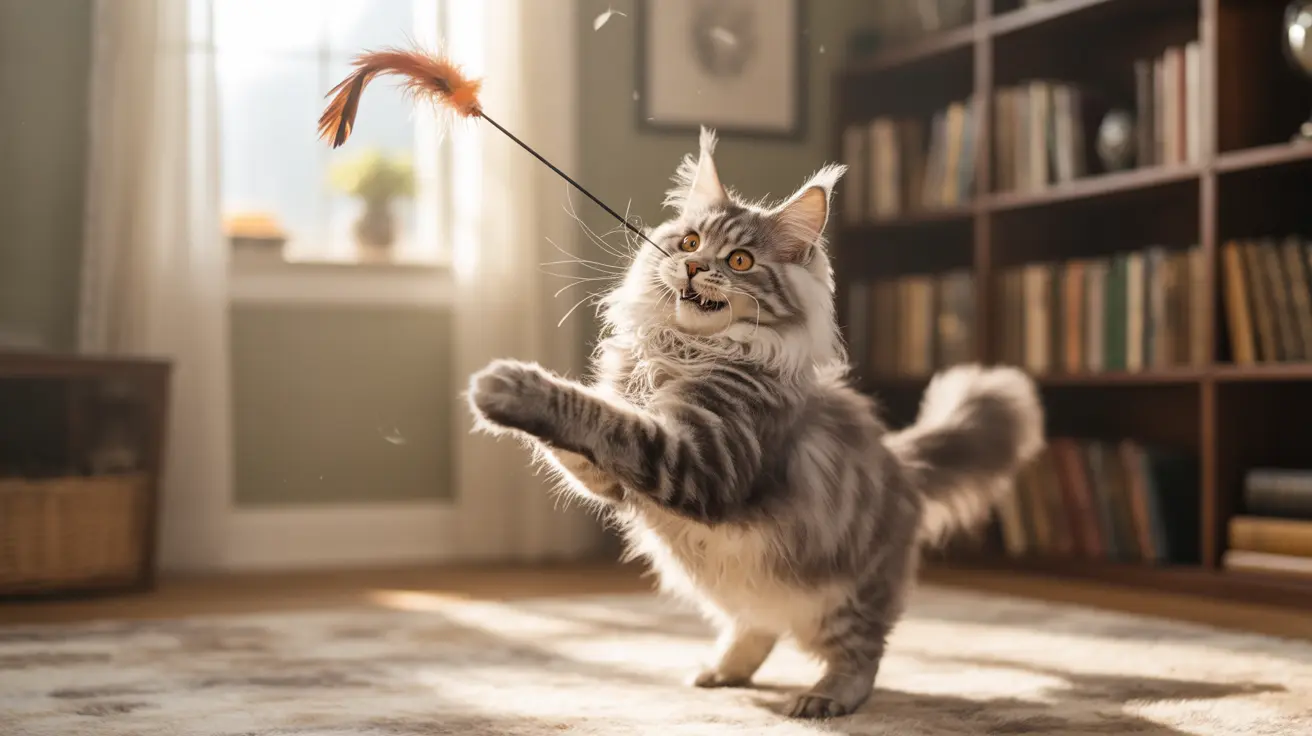Providing proper care for your feline friend involves more than just food and shelter. Whether you're a new cat parent or have years of experience, understanding comprehensive cat care tips is crucial for ensuring your pet's wellbeing. This guide will walk you through everything you need to know about caring for your cat, from nutrition to enrichment activities.
Let's explore the fundamental aspects of cat care that will help your furry companion thrive and maintain optimal health throughout all life stages.
Understanding Your Cat's Nutritional Needs
Cats are obligate carnivores, meaning they require a diet rich in animal protein to survive. A proper diet is the foundation of good health, and understanding your cat's nutritional needs is crucial.
Adult cats typically need about 260 calories per day for every 10 pounds of body weight, though this can vary based on activity level and age. Ensure your cat's food contains adequate taurine, an essential amino acid that supports heart and eye health.
Remember to provide fresh water daily and consider using multiple water stations throughout your home to encourage proper hydration.
Essential Grooming Practices
Regular grooming is vital for maintaining your cat's health and detecting potential problems early. While cats are excellent self-groomers, they still benefit from human assistance.
Brush your cat's coat at least weekly for short-haired breeds and daily for long-haired cats. This helps reduce shedding, prevent matting, and minimize hairball formation. Pay special attention to elderly or overweight cats who might have difficulty grooming themselves.
Creating the Perfect Indoor Environment
Your cat's environment plays a crucial role in their physical and mental wellbeing. Create a cat-friendly space that includes:
- Multiple scratching posts of varying textures
- Elevated resting spots and window perches
- Quiet areas for retreat and relaxation
- Safe hiding spots throughout the house
- Interactive toys and climbing structures
Health Monitoring and Veterinary Care
Preventive healthcare is essential for maintaining your cat's wellbeing. Schedule regular veterinary check-ups and stay current with vaccinations. Monitor your cat's weight, appetite, and behavior for any concerning changes.
Watch for common signs of illness such as:
- Changes in eating or drinking habits
- Unusual lethargy or behavior changes
- Litter box issues
- Excessive vocalization
- Changes in grooming habits
Mental Stimulation and Exercise
Indoor cats need regular exercise and mental stimulation to prevent boredom and obesity. Dedicate at least 10-15 minutes twice daily to interactive play sessions. Use wand toys, laser pointers, or puzzle feeders to keep your cat engaged and active.
Frequently Asked Questions
How often should I feed my cat, and what is the ideal portion size?
Feed adult cats twice daily, providing portions based on their weight and activity level. Follow the feeding guidelines on your cat food package, and adjust portions to maintain a healthy weight. Kittens need more frequent meals, typically 3-4 times daily.
What are the best ways to prevent hairballs in cats?
Regular brushing, specialized hairball-prevention food, and providing adequate fiber in their diet can help prevent hairballs. Some cats benefit from regular use of hairball remedies or supplements recommended by their veterinarian.
Why is regular grooming important for my cat's health, and how often should I brush them?
Regular grooming helps prevent matting, reduces shedding, and allows you to check for skin issues or parasites. Short-haired cats need weekly brushing, while long-haired cats require daily attention to maintain their coat health.
How can I ensure my cat stays mentally stimulated and engaged at home?
Provide a variety of toys, rotate them regularly, and engage in daily interactive play sessions. Create vertical spaces for climbing, offer puzzle feeders, and consider setting up bird-watching stations near windows.
What are the essential vaccinations and health checks my cat needs at different life stages?
Core vaccinations include FVRCP and rabies. Kittens need a series of vaccinations and deworming, while adult cats require annual wellness checks and booster shots. Senior cats may need semi-annual check-ups and additional health screenings.
Final Thoughts
Implementing these cat care tips will help ensure your feline companion leads a healthy, enriched life. Remember that each cat is unique, so observe your pet's individual needs and preferences to provide the best possible care. Regular veterinary check-ups, proper nutrition, and lots of love will keep your cat happy and thriving for years to come.






